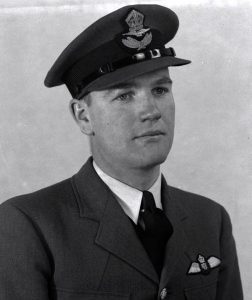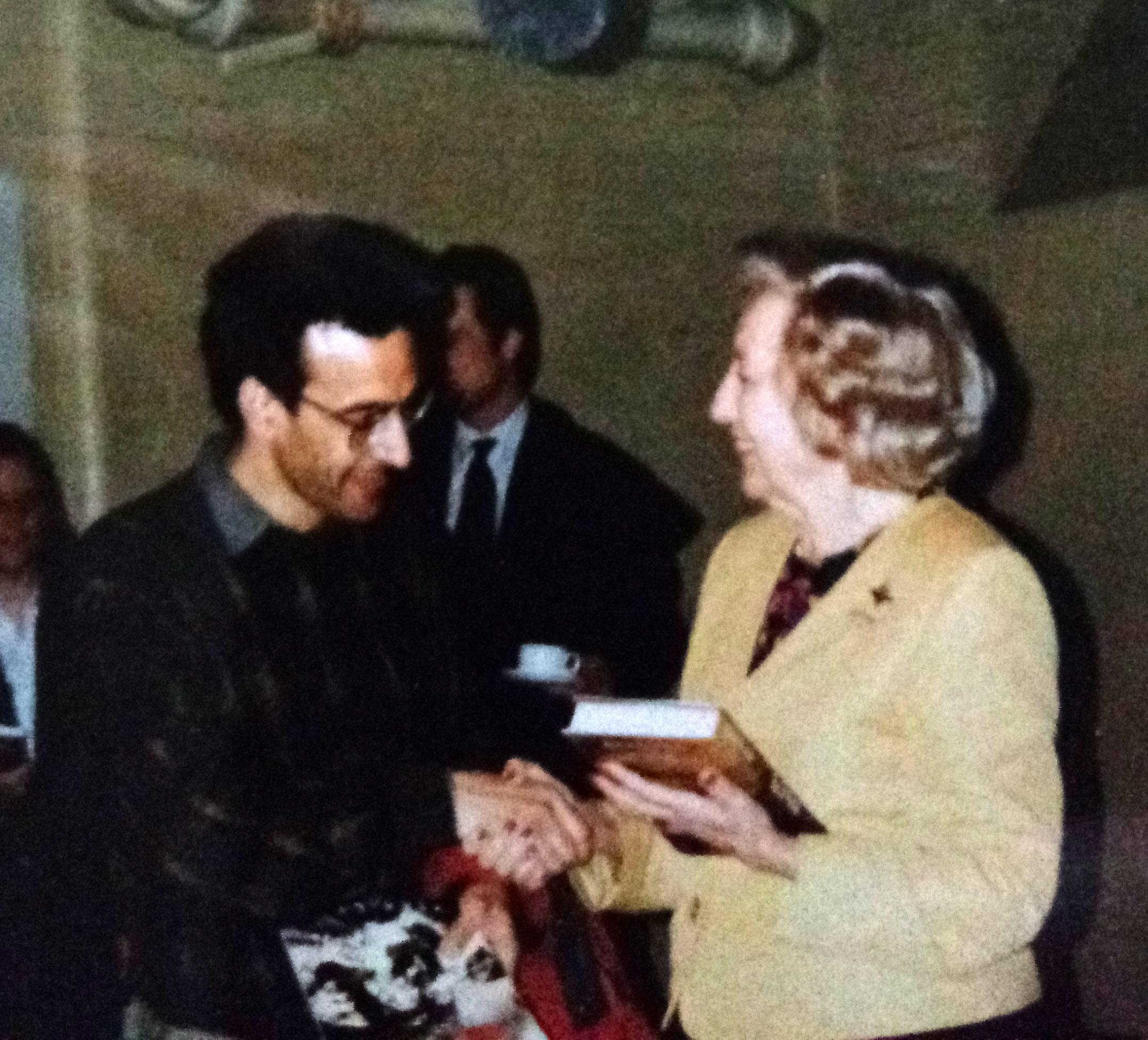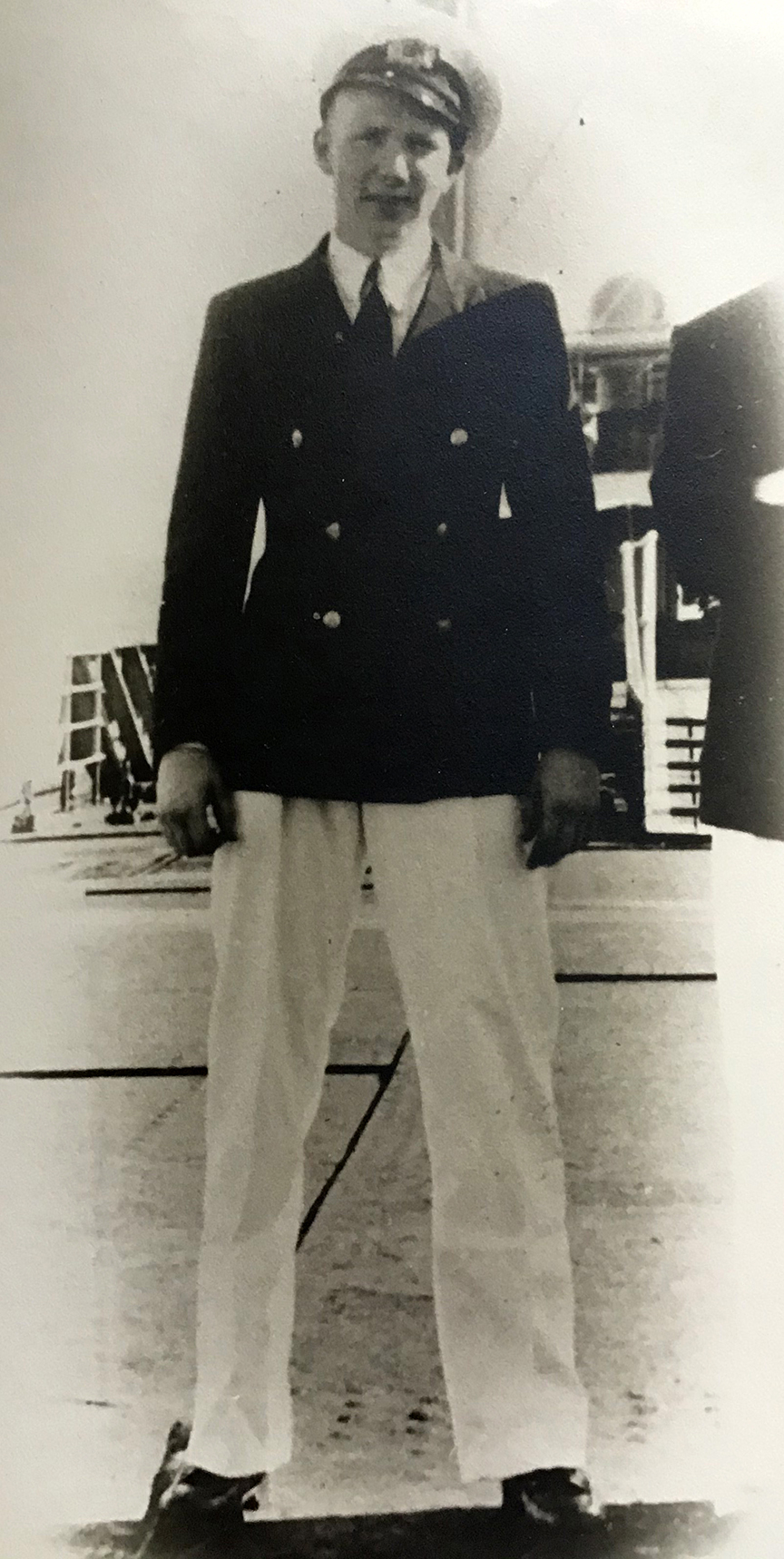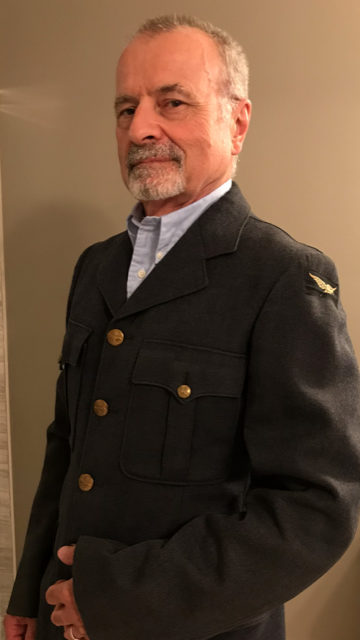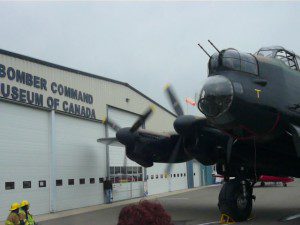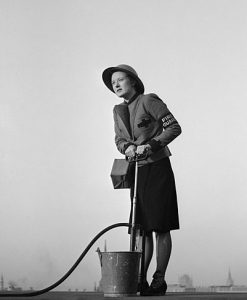
I’ve flown into Heathrow, the city of London’s major civilian airport, dozens of times – seeing a sky full of jetliners lined up to land at Europe’s largest commercial airport. But not until I met Torontonian Dorothy Firth, who lived there during the Second World War, had I ever imagined what the skies over that city might have looked like during a period known as “the Blitz.”
“It was always a nasty sound and a horrible feeling when the air-raid sirens went off,” she told me when I met her a few years ago, “because you never knew how fast the German (bombers) were coming.” (more…)

